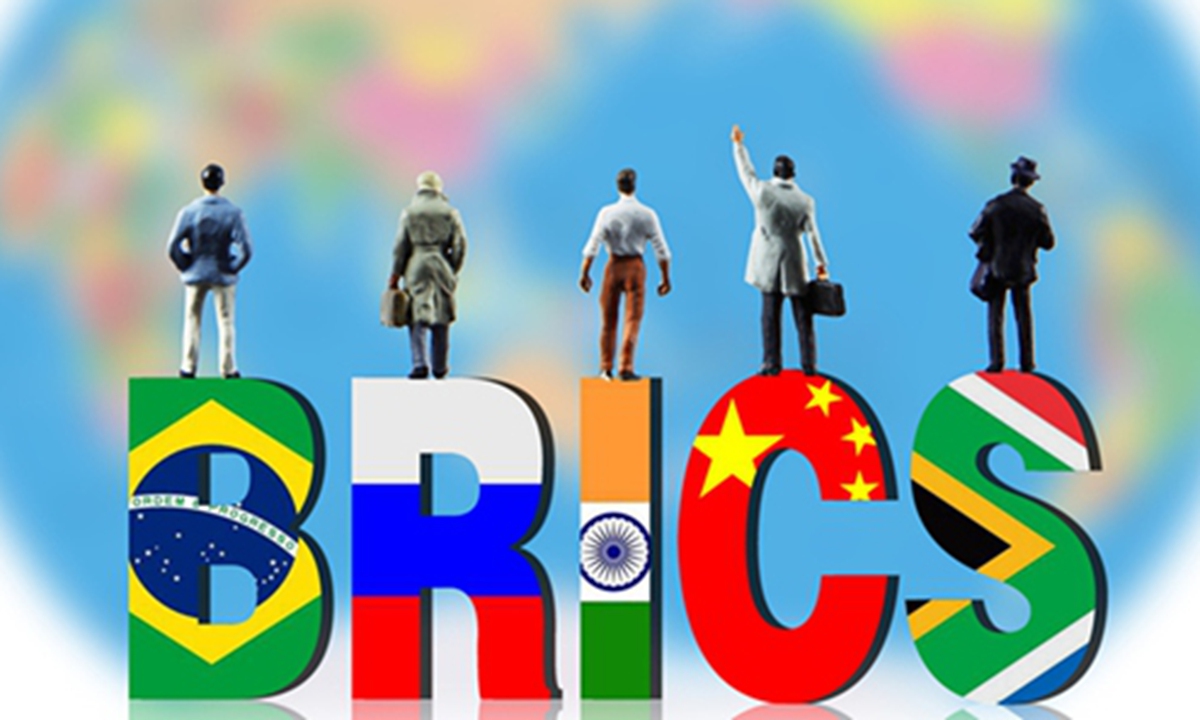
Elena Perez Celis
Dec 17, 2024
BRICS, initially formed by Brazil, Russia, India, China, and South Africa, has grown into a global powerhouse. Today, it has nine full members, with many countries wanting to join. Africa has become a key focus due to its strategic importance and shared goals of inclusiveness, equal sovereignty, and cooperation.
This year, Ethiopia and Egypt became BRICS members, and Kenya’s President, William Ruto, has also shown interest. Former Ethiopian Speaker of the House, Agegnehu Teshager, said that nearly all African nations want to join BRICS. Although it is not feasible to include all 54 African countries, BRICS has proposed a new partnership model to allow greater African involvement.
China’s support for Zimbabwe as a candidate highlights BRICS’ commitment to strengthening ties with Africa. For many African countries, BRICS offers an alternative to dollar-based trade. By increasing trade in local currencies, these nations can grow their economies and strengthen their currencies.
Aly Khan Satchu, a well-known Kenyan investment banker, called BRICS “a guiding star” for African countries. “Joining BRICS can boost trade and help African nations rely less on the US dollar,” Satchu said.
BRICS’ move to reduce reliance on the US dollar aligns with the rising interest in cryptocurrencies. Russian President Vladimir Putin has proposed a new investment platform for BRICS countries. This system would use electronic payments to support investments in Africa and other developing regions.
This aligns with the bloc’s goal to diversify trade systems. Cryptocurrencies, especially Bitcoin (BTC), are seen as a strong alternative to traditional currencies. Economist Jeremy Siegel believes Bitcoin could challenge the dollar’s dominance more effectively than gold or BRICS’ local currencies. Former US President Donald Trump’s endorsement of Bitcoin has also increased its appeal as a global reserve asset.
Africa’s interest in BRICS complements its growing adoption of digital financial solutions, including cryptocurrencies. By integrating crypto-based payment systems, BRICS can support Africa in building stronger financial ecosystems, improving cross-border trade, and lowering transaction costs.
The year 2025 could mark a turning point for Africa’s role in the BRICS alliance. Whether through economic reforms or advanced technologies like blockchain, Africa is set to shape the future of BRICS and the global financial system.
As BRICS expands in Africa, conducting thorough due diligence will be critical. Ensuring transparency and compliance in financial transactions will strengthen trust between member countries and attract more investment. Tools like ADD™’s integrated due diligence platform can play a key role in verifying partnerships, streamlining trade agreements, and reducing financial risks.
By embracing effective due diligence, African countries can maximise the benefits of BRICS membership and foster sustainable growth.
☗Muinmos & Africa Due Diligence - ADD™ Partner to Boost Trust in Africa's Financial Sector
☗Africa's fintech sector is booming
☗Africa Beckons Investors: Debunking the Myth of High Risk
☗Boosting Intra-African Trade with Regional Value Chains
☗Ghana’s General Elections: A Pivotal Moment for Democracy and the Economy
☗GABS 2024: Strengthening Germany-Africa Economic Partnerships
☗Nigeria’s Central Bank Raises Interest Rates Again Amid Rising Inflation
☗Sarama Resources Initiates Legal Action Against Burkina Faso Government After Unlawful Withdrawal of Mining Permit
☗Intra-Africa trade: The Key to Africa’s Economic Growth & AfCFTA’s Role
☗Human Rights and Industrialisation in Focus at Addis Ababa Conference
Subscribe to receive our latest posts & updates via email.